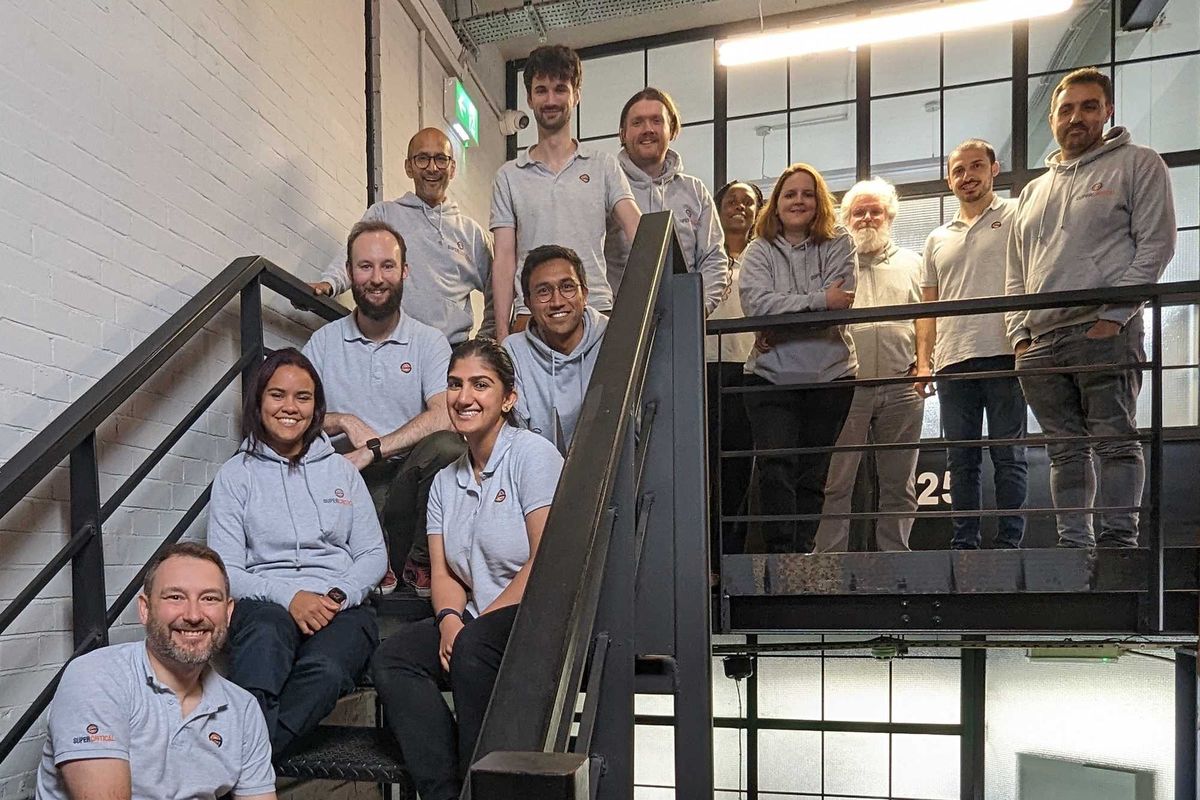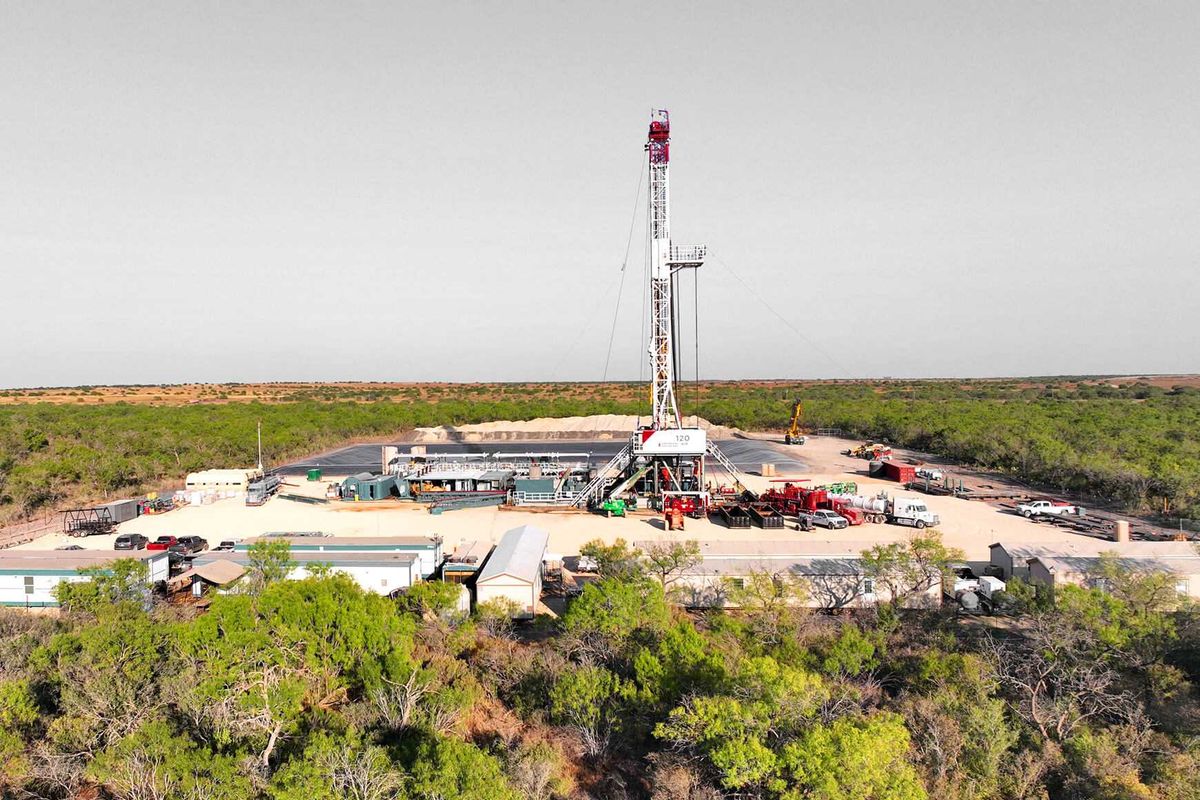Novel application of trusted financial model means cleaner oil and gas for the future
A PENNY SAVED
Think back to when your first friend got their driver’s license. Everyone wanted a ride, but when it came time to fill the tank, pay for repairs and maintenance, or – worst case, perform some autobody work to resolve damage incurred in a fender-bender – the driver usually got caught holding the bag.
For the oil and gas industry, the same thing often happens with old wells that have stopped producing at an economic rate. When production is high and prices are favorable, everyone wants a piece of the action. But as soon as a well’s production slows to a crawl or the bottom falls out of the market (again), investing partners scatter like cockroaches into obscurity, leaving the majority owner with the financial and environmental burden to properly seal up the well.
Just over 100 years ago, the Texas Railroad Commission, which serves as the primary governing body for oil and gas wells developed across the state, enacted the first regulation calling for due care when plugging inactive or otherwise deemed useless wells. The policy laid the groundwork for keeping potential contaminants contained to prevent environmental and safety hazards.
Oklahoma followed suit some 15+ years later, subsequently followed by California another dozen years after that. The remaining states have enacted similar laws within just the last 40 years. But that’s not to say that the industry was not properly closing off wellbores after useful life. Nay, it merely highlights the pace at which regulatory actions move across the nation after inception in a single state.
Of particular note, but perhaps not as obvious, is the time lag between Texas’s first policies demanding the costly, albeit necessary, activities to plug and abandon (P&A) a well and the Asset Retirement Obligation (ARO), an accounting treatment introduced in 2001 that ensures companies recognize and retain the financial liability for completing end-of-useful-life requirements.
Unfortunately, ARO is truly just an accounting concept, so if a company becomes insolvent, there is limited chance the investment necessary to properly P&A a well will be available. This does not bode well for the industry, nor the environment, as valuable hydrocarbons are lost from leaking, seeping, and weeping wells across the country.
Let’s not catastrophize the potential environmental damage here, however. Highly conservative estimates made by the EPA in 2022 claim over 2 million potentially orphaned wells produce methane emissions equivalent to approximately 1% of all cars on the road across the United States. No one argues that this is acceptable, but it does put things into perspective, given that approximately 1/3 of global emissions are attributable to light duty and commercial vehicles on the road.
To bolster the industry with confidence the cash investment necessary for P&A activities will be readily available upon asset retirement, one company looked outside of energy for guidance. Embracing a model most typically associated with life insurance, OneNexus Assurance provides contractual certainty to upstream operators that funds will be available to cover the associated end-of-useful-life costs (depending on the benefit amount purchased, of course).
“Our business model provides the oil and gas industry much-needed peace of mind that capital is available when inevitable ARO funding becomes imminent and offers a preferable alternative to trust funds, surety bonds, and sinking funds as a means of prefunding decommissioning liabilities," says Tony Sanchez, founder and CEO of OneNexus, in a recent release.
The OneNexus approach allows the primary operator to collect monthly payments for end-of-useful-life costs long before the well is depleted from other invested partners.
“OneNexus Assurance is a game changer,” continues Sanchez, “It enables responsible parties to pay towards decommissioning funding in today’s dollars at a substantial discount to the ultimate plugging cost, it guarantees that a pre-determined amount decided by the client is secured for the future, and it does away with the need to chase payments later.”
While this solution does not fully resolve the problem of orphaned wells – the aforementioned 2 million (or less) wells no longer producing but not fully sealed off, either – it does at least guarantee that whomever gets caught holding the bag at the end will find some dollars inside.










